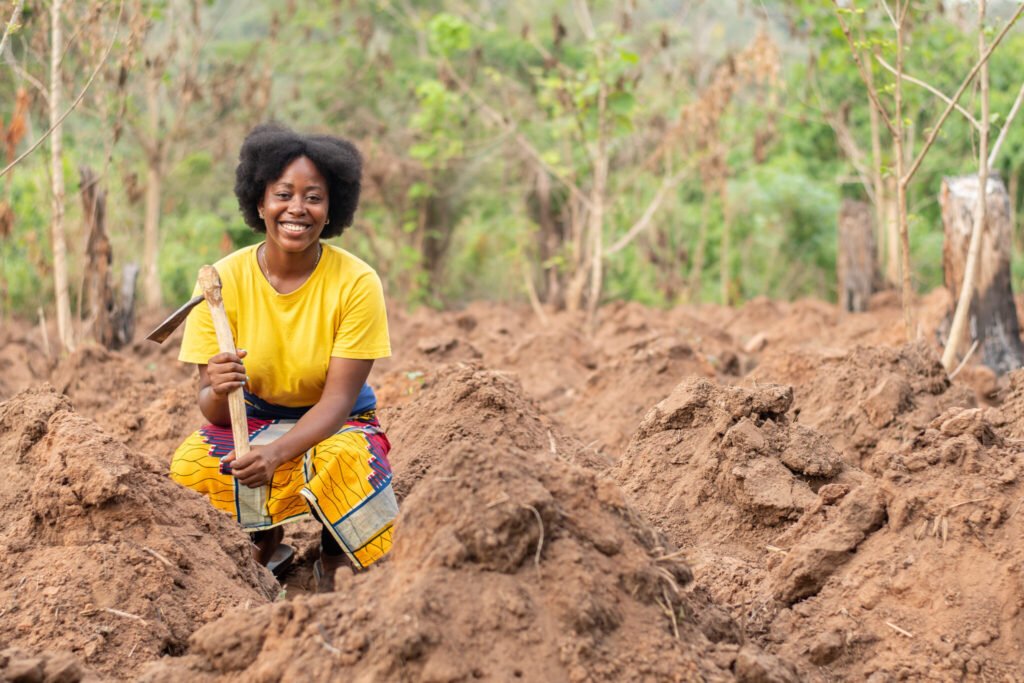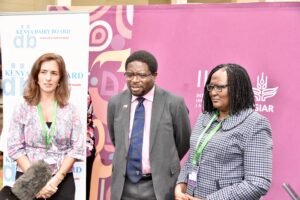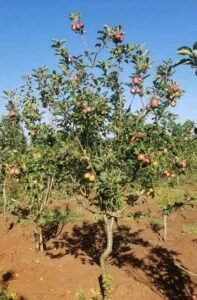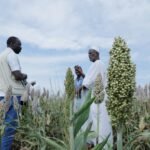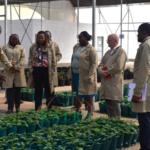By Zablon Oyugi, February 3, 2025, The International Fertilizer Development Center (IFDC), a dynamic team of individuals working worldwide to help improve sustainability has launched 10-year program to improve the soil fertility and productive capacity of 2 million hectares of farmland in the Sahel, fostering resilience and well-being among 1.5 million farmers, with an emphasis on women.
Financed by the Netherlands Directorate-General for International Cooperation (DGIS), Soil Values program that will run between 2024-2034 has been termed as a transformative initiative unfolding across Burkina Faso, Mali, Northern Nigeria, and Niger, where the primary objective is to establish sustainable soil fertility management as a cornerstone within the farming systems of the Sahelian and Guinea Savanna regions.
The program’s approach focuses on Integrated Soil Fertility Management (ISFM) in the context of participatory landscape management to catalyze viable business cases and incentivize adoption by farmers, market actors, and policymakers.
Expected outcomes
Some of the expected outcomes include:
- 5 million smallholder farmers, 800,000 of whom are women, reduce the yield gap and become more resilient to climate shocks.
- 40-plus river basins and landscapes, covering 2 million hectares of farmland, are managed sustainably and with equitable use of water.
- Soil fertility is prioritized within agricultural development programs, regional policies, and the initiatives of governments and civil society organizations in implementing nations.
South-north trade of fertilizers and regional food security
To ensure regional coherence, the neighboring corridor countries of Ghana and Côte d’Ivoire will actively participate in dialogues concerning the south-north trade of fertilizers and regional food security.
Soil Values is being implemented by IFDC in collaboration with core partners SNV and Wageningen University and Research (WUR) and various knowledge partners, such as AGRA, the World Agroforestry Center (ICRAF), the International Institute for Tropical Agriculture (IITA), ISRIC – World Soil Information, and the International Water Management Institute (IWMI), and works through existing national projects, programs, policies, and organizations, such as World Bank’s Food Systems Resilience Program (FSRP).

